
2 Jun, 2016
Now Available: An Unrivalled hiSTORY of Asia-Pacific Travel & Tourism
Bangkok – Travel Impact Newswire Executive Editor Imtiaz Muqbil, the Asia-Pacific Travel & Tourism industry’s leading journalist-cum-historian, has curated 36 years of reports, notes, research and interviews into an unrivalled collection of Travel & Tourism hiSTORY.
Now available for public presentation via lectures, university courses and/or keynote speeches, this authoritative and compelling collection of STORIES is designed to help the present generation of industry students, public and private sector executives better understand the rich and varied hiSTORY of arguably the world’s most successful and rapidly-growing industry.
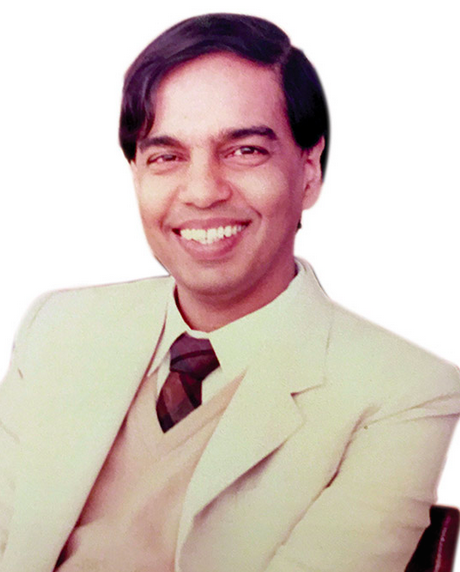 Anyone know who this man is? He passed away in 2015. Hundreds of thousands of people who work in the ASEAN hotel industry owe their jobs to him. Hundreds of other stalwarts like him are in transition. Today, in an industry dominated by bean-counters and branding gurus, hardly anyone knows who these stalwarts were or their achievements. |
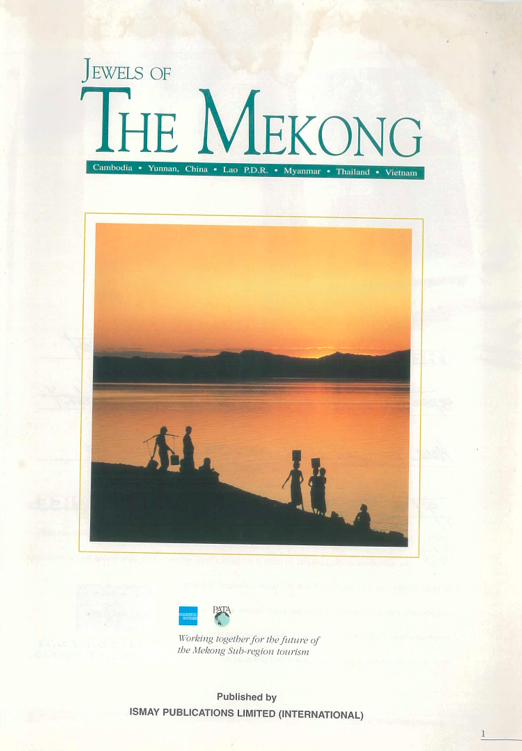 This 1994 publication was one of the many produced in the nascent days of marketing the Greater Mekong Subregion and its “Jewels.” |
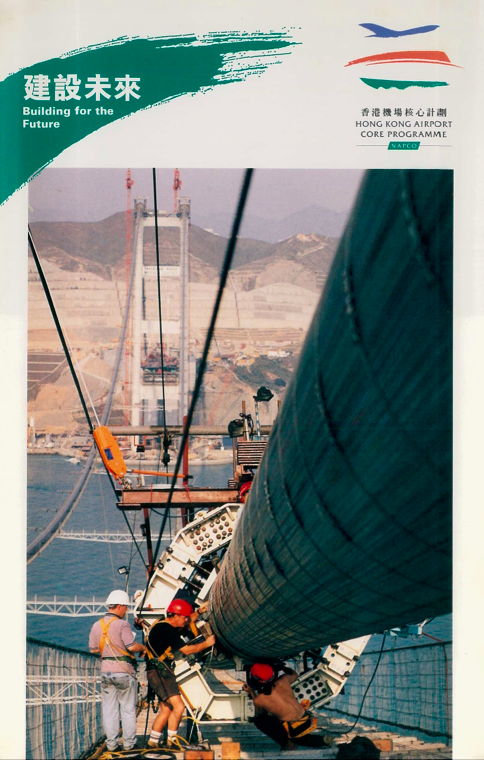 The 1998 opening of the new Hong Kong airport was one of many aviation developments that took the travel & tourism industry into a whole new world. |
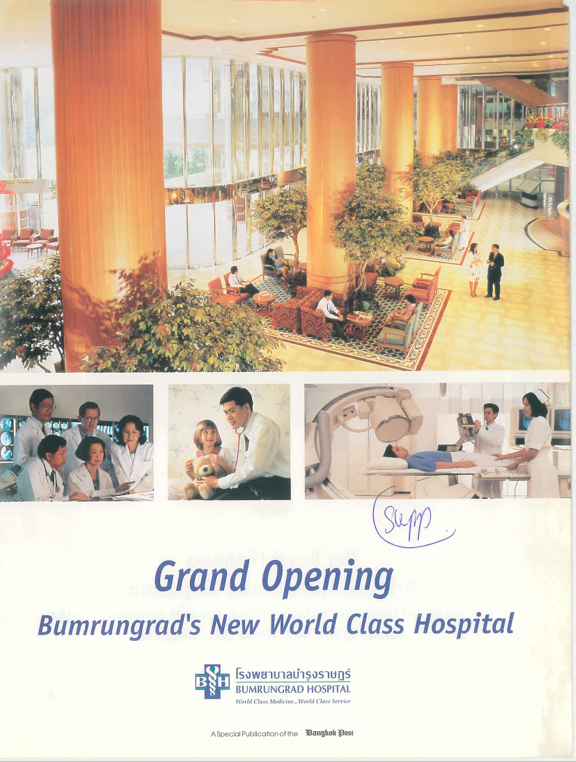 The 1997 opening of the new wing of Bangkok’s Bumrungrad hospital gave a fillip to health & wellness tourism in Thailand and ASEAN. |
(+) How did this phenomenal growth come about?
(+) Who made it possible?
(+) What challenges did they face?
(+) What lessons can be learned in planning the future?
The current generation of tourism ministers, bureaucrats, academics and executives knows little or nothing about its hiSTORY. Neither do the growing number of incoming expatriates. Ironically, travel & tourism survives on marketing national and regional hiSTORY and heritage but does not know much about its own.
An excessive focus on “The Future” leads to a shameful disregard and disrespect for the past.
The most important part of this hiSTORY strives to recognise the role of the gutsy, determined PEOPLE who built and shaped it. With a generational transition taking place, it is critical to enshrine the contributions of the hundreds of great men and women of vision, distinction and integrity who fought formidable odds to make today’s success possible.
While the founding fathers/mothers have every reason to be proud of their achievements, not everything has turned out the way they would have liked. True, travel & tourism has become too big to fail. But it is in danger of becoming a victim of its own success. It has also become a threat-sensitive and fragile industry.
If the current generation is keen to shape a better future, it needs to learn the lessons of hiSTORY.
With these unmatched presentations, Imtiaz Muqbil will make that possible.
No travel & tourism academic or journalist possesses such a vast treasure trove of insight, hindsight and foresight. No-one can tell these stories with passion and fervor, warts and all.
Here is a sample of the content:
(+) Landmark national and regional marketing campaigns that raised the image and profile of Asia-Pacific destinations;
(+) Critical infrastructure that facilitated growth;
(+) Role of international and regional groupings such as ASEAN, UNWTO, PATA, GMS, APEC, etc
(+) Responses to crises such as the AIDS pandemic, tsunami, terrorism, geopolitical conflict, political upheavals, the 1997 Asian economic crises;
(+) Great hotels and their role in image-building.
And much, more more…
This history collection is available for public presentation in various formats:
(+) A series of detailed, interactive lectures which can be delivered over a week. Good for universities and educational institutions;
(+) Executive Management briefs of one-day duration. Good for corporate meetings and executives, especially expatriates.
(+) As keynote speeches at industry conferences. Good for events seeking some relief from “futurists” and “thought-leaders.”
(+) As motivational, inspiring talks that hail the best of Asia-Pacific heritage and culture. Good for any institution or organisation to celebrate the remarkable achievements of the people who made it possible.
Interested? Email me: imtiaz@travel-impact-newswire.com
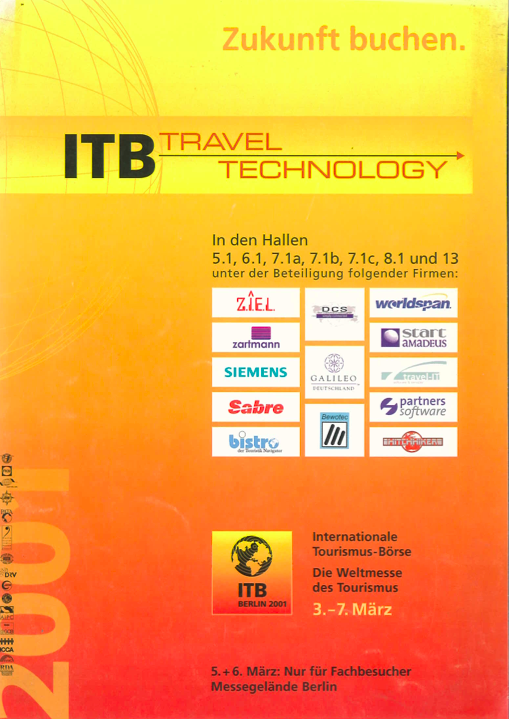 As recently as 2001, a mere 15 years ago, companies like Google, Facebook and TripAdvisor were nowhere on the agenda of technology sessions at the ITB Berlin. |
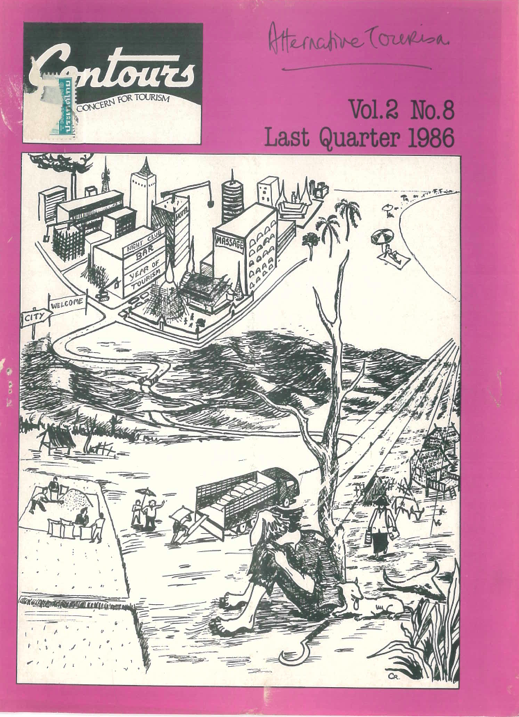 Flashback 1986 – NGOs have long been warning about the negative socio-cultural and environmental impact of tourism. Even today, they rarely get a chance to voice their views in industry forums. |



Liked this article? Share it!